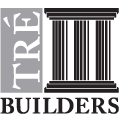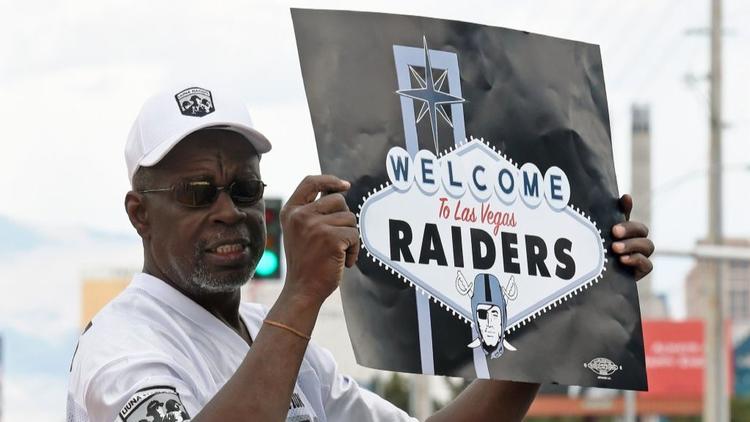When it comes to attracting pro sports, Las Vegas isn’t much of a gamble anymore
By Helene Elliott • Contract Reporter for the LA Times
When the idea of the NHL coming was still a punchline to jokes about ice existing here only in drinks, an exploratory ticket drive for a possible team rang up 9,000 season-ticket deposits in a month.
Last September, three months after the NHL granted its 31st franchise to a group led by businessman Bill Foley, the new Las Vegas team decided to cap season tickets at 16,000 to leave some seats for single-game purchases at glitzy T-Mobile Arena.
The NBA Summer League, a sleepy, six-team event in its 2004 debut here, drew 24 teams to Thomas & Mack Center and Cox Pavilion this month and set single-game, tournament and championship-game attendance records.
Thousands of fans waited outside in triple-digit heat to get a glimpse of future stars while a who’s who of marquee players sat courtside. Among them was LeBron James, apparently as intrigued as everyone else by dynamic Lakers rookie Lonzo Ball.
A few miles from those crowds, a vacant lot awaited construction of a domed stadium that will house the NFL’s Oakland Raiders and Nevada Las Vegas’ football team by 2020.
Once viewed with caution because of its ties to gambling, Las Vegas is becoming a mecca for professional sports leagues and organizations to set up shop. The traditional local menu of college basketball and boxing is expanding rapidly, and this week the City Council approved a lease agreement for a United Soccer League expansion team to play in 2018 at Cashman Field, home of the Triple-A Las Vegas 51s baseball team.
What happens in Vegas won’t stay in Vegas anymore: It will have an impact around North America and beyond.
“Las Vegas has reinvented hotels, it has reinvented entertainment. It’s reinvented restaurants, it’s reinvented conventions, it’s reinvented the nightclub industry, it’s reinvented retail,” said Ike Lawrence Epstein, senior executive vice president and chief operating officer of UFC. “I think the next thing Las Vegas is going to reinvent is sports.”
First, it had to reinvent its image.
“Vegas historically has had a stigma attached to it vis-a-vis professional sports leagues. And I can’t say for sure whether that stigma is entirely gone or whether it continues to exist in some measure,” NHL Deputy Commissioner Bill Daly said. “We ultimately felt … that the cachet kind of outweighs the stigma. I think we view it as a growing, vibrant, fun city and that people are, I think, hungry for professional sports because they never really had a chance to experience it on a regular basis.”
UFC recently opened its new headquarters in southwest Las Vegas, creating a dazzling Performance Institute for athletes and office space for executives. Its enormous red logo is visible from the 215 Beltway; its existence is something Epstein never could have envisioned as a kid.
“When I grew up here, Vegas was really just UNLV basketball and boxing. That’s it. That’s all we had,” he said. “We didn’t have the Yankees. We didn’t have the Dodgers, these big brands in professional sports. So it’s exciting to see what’s happened over the last few years with the hockey team coming here, with UFC and boxing continuing to grow, and this being the center of the combat sports world.”
Todd duBoef, president of Top Rank boxing promotions, also grew up here. He, too, marvels at the growth of sports options.
“When I was a kid, the UNLV Runnin’ Rebels were the only thing we had that kind of legitimized us as a town … that even put us on the map,” he said. “People always looked at Las Vegas as this Mafia-driven, rogue, gaming city. The name says rebels. There was a reason why. And we had a style that was so telegenic and the whole community got around that team and it became a lot of the identity of Las Vegas, of the people that lived there.”
Soon they can say they live in an NFL city. The Raiders’ arrival will be a watershed moment, putting Las Vegas on the national stage every week instead of just for prize fights or UFC events.
“The Raiders coming is sort of a game-changer,” Epstein said. “Las Vegas is a global brand, and I know one of the reasons why the Golden Knights got an expansion franchise, why the Raiders got approved to come here, is because Las Vegas is an incredible platform to build brands. The NFL, the NHL, and I think the NBA ultimately, we’ve seen it’s a tremendous platform to build your brand and expose it to a much larger audience than sports typically expose themselves to.”
The NFL is a huge brand. It’s very popular. It will bring more visibility to Las Vegas and I see opportunity within that.
— Kerry Bubolz, president of the NHL’s Golden Knights

